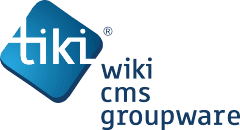
An error occurred while performing the request.
Things to check:
Did you complete the Tiki Installer?
Is your database corrupt? Please see how to repair your database
Are your database settings accurate? (username, schema name, etc in db/local.php)
Please see the documentation for more information.